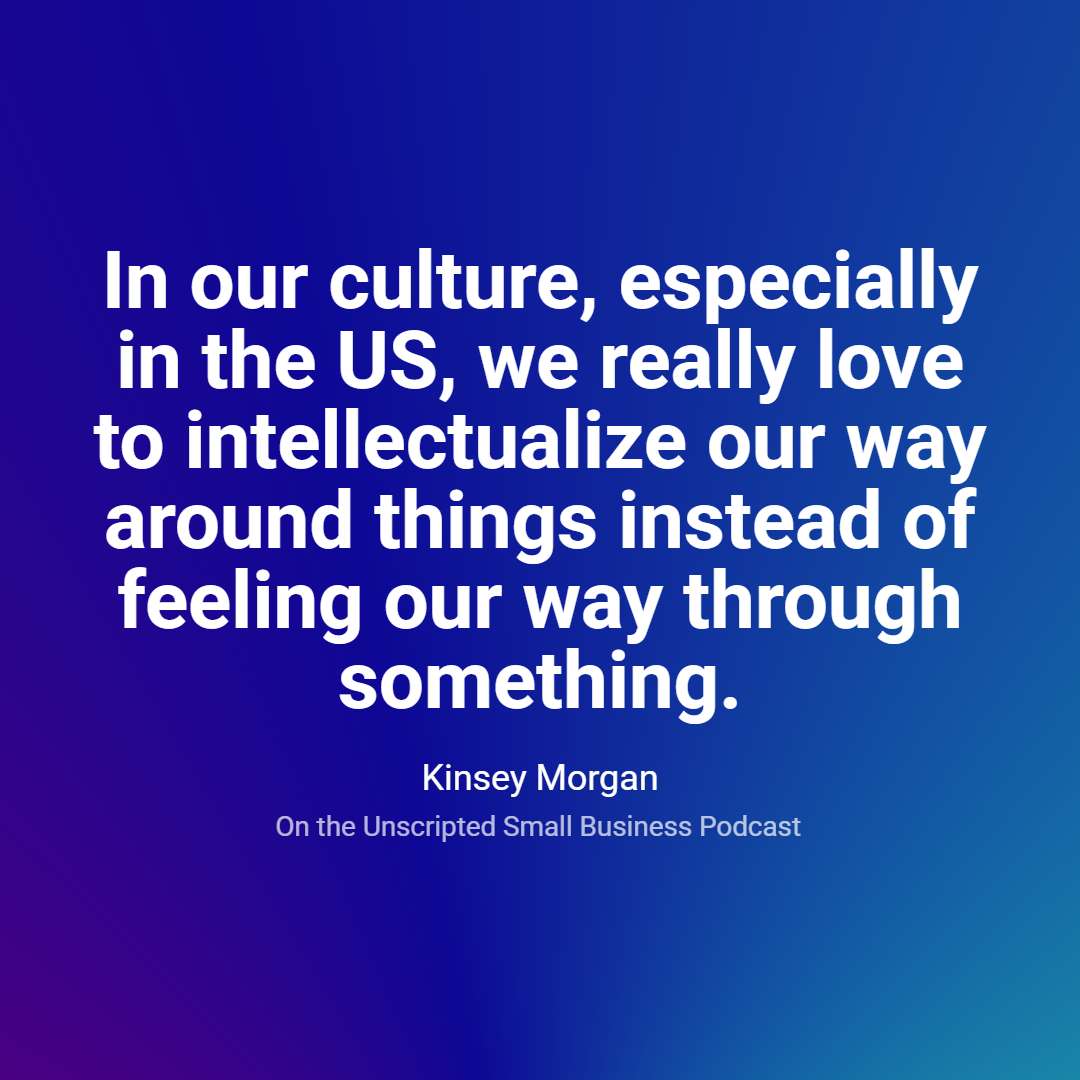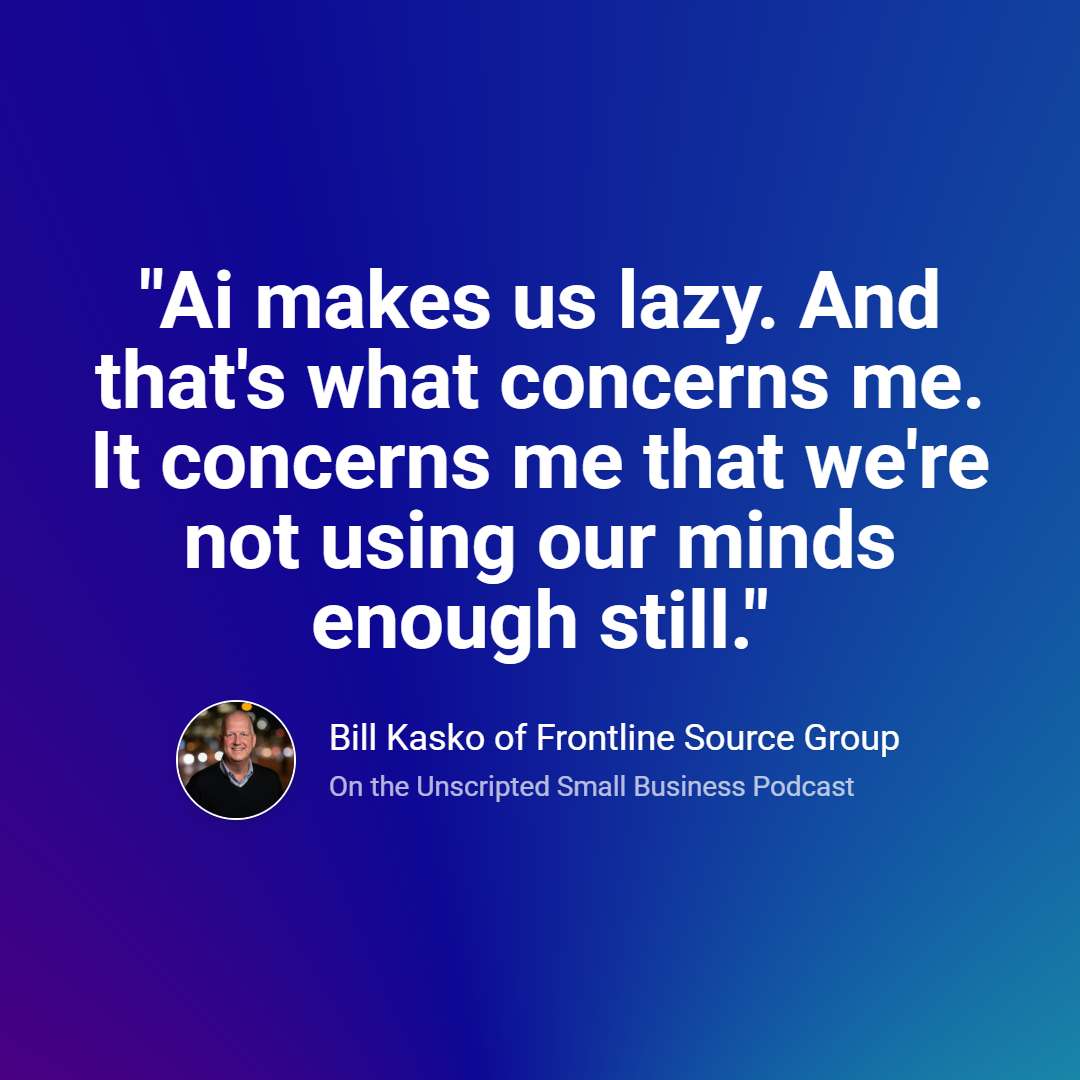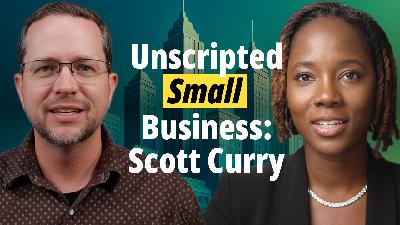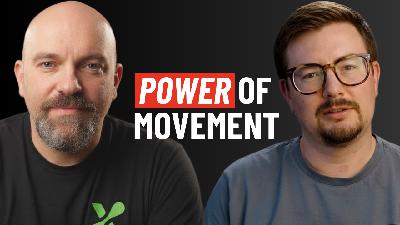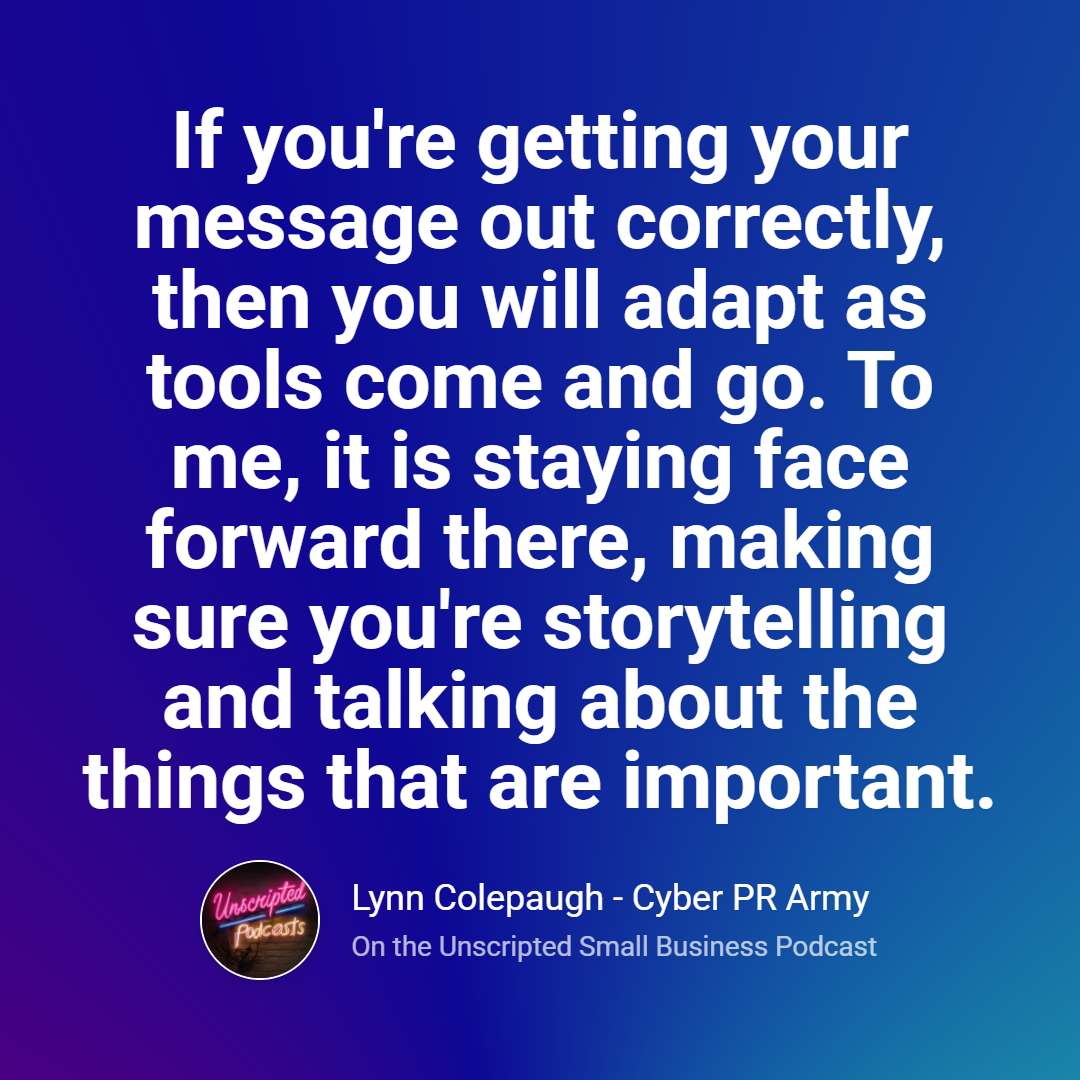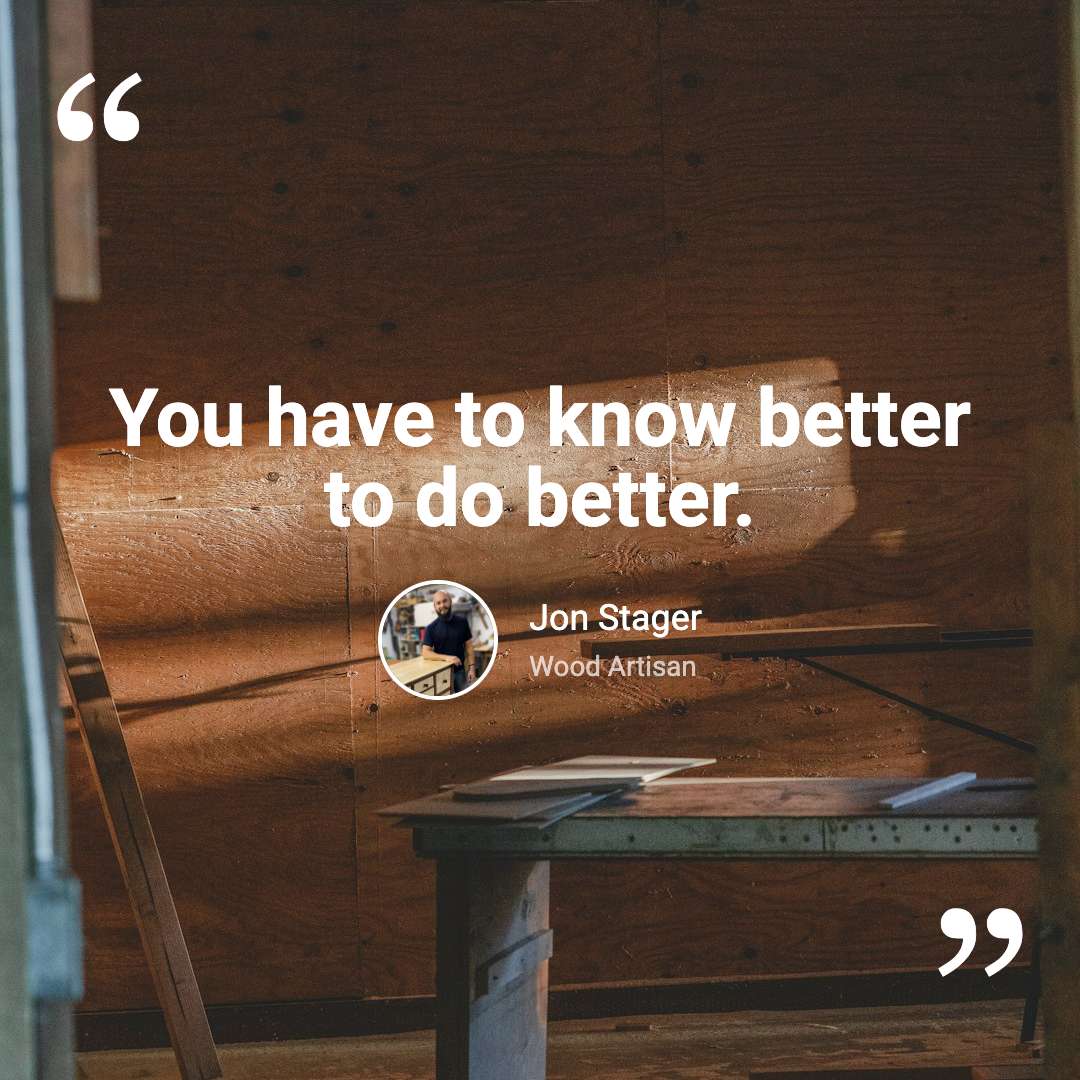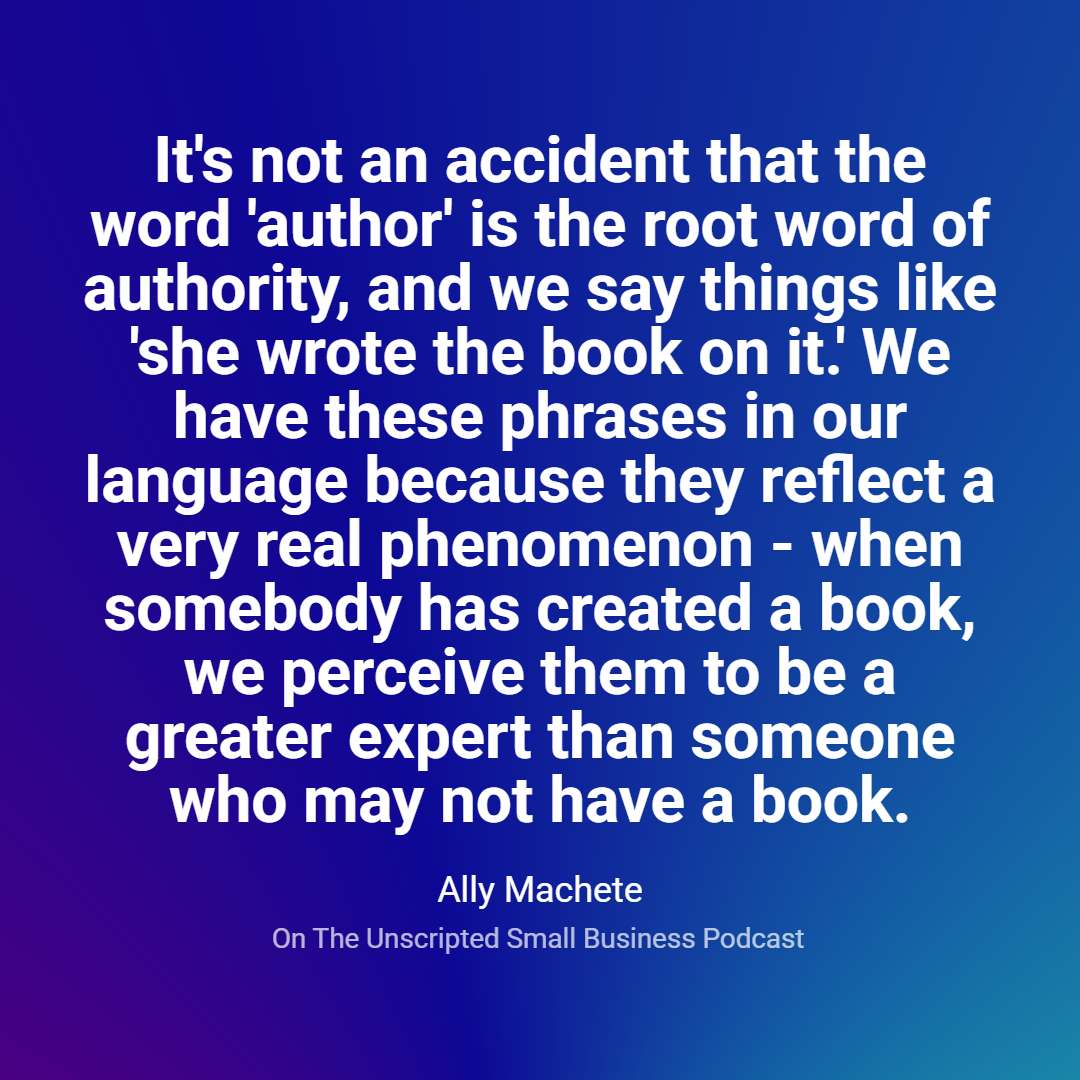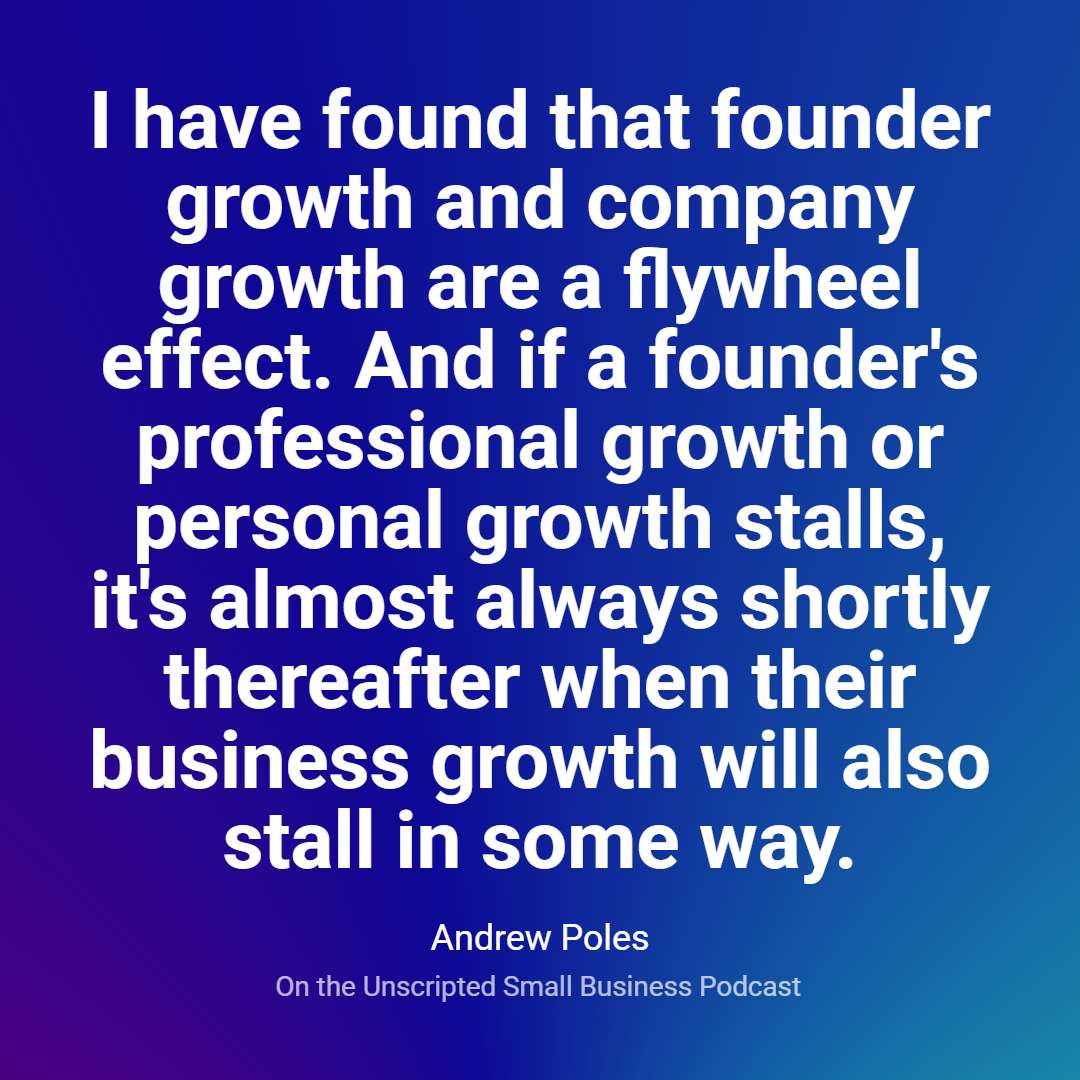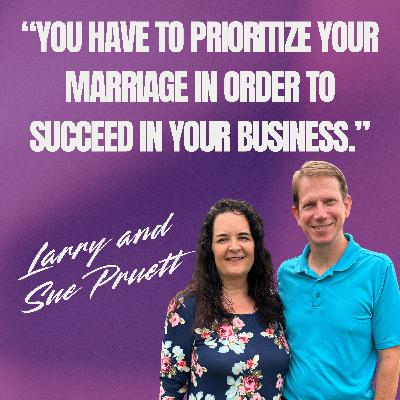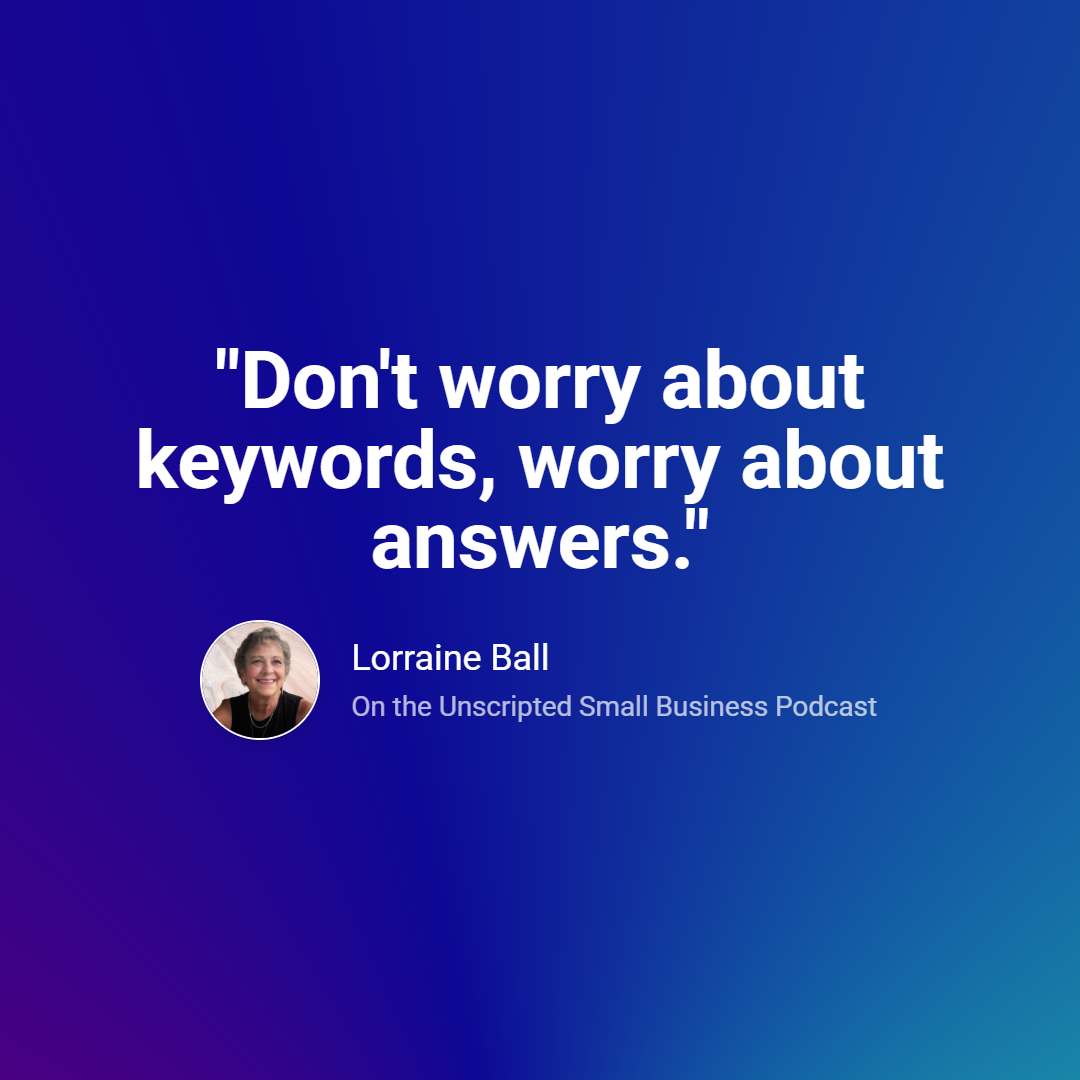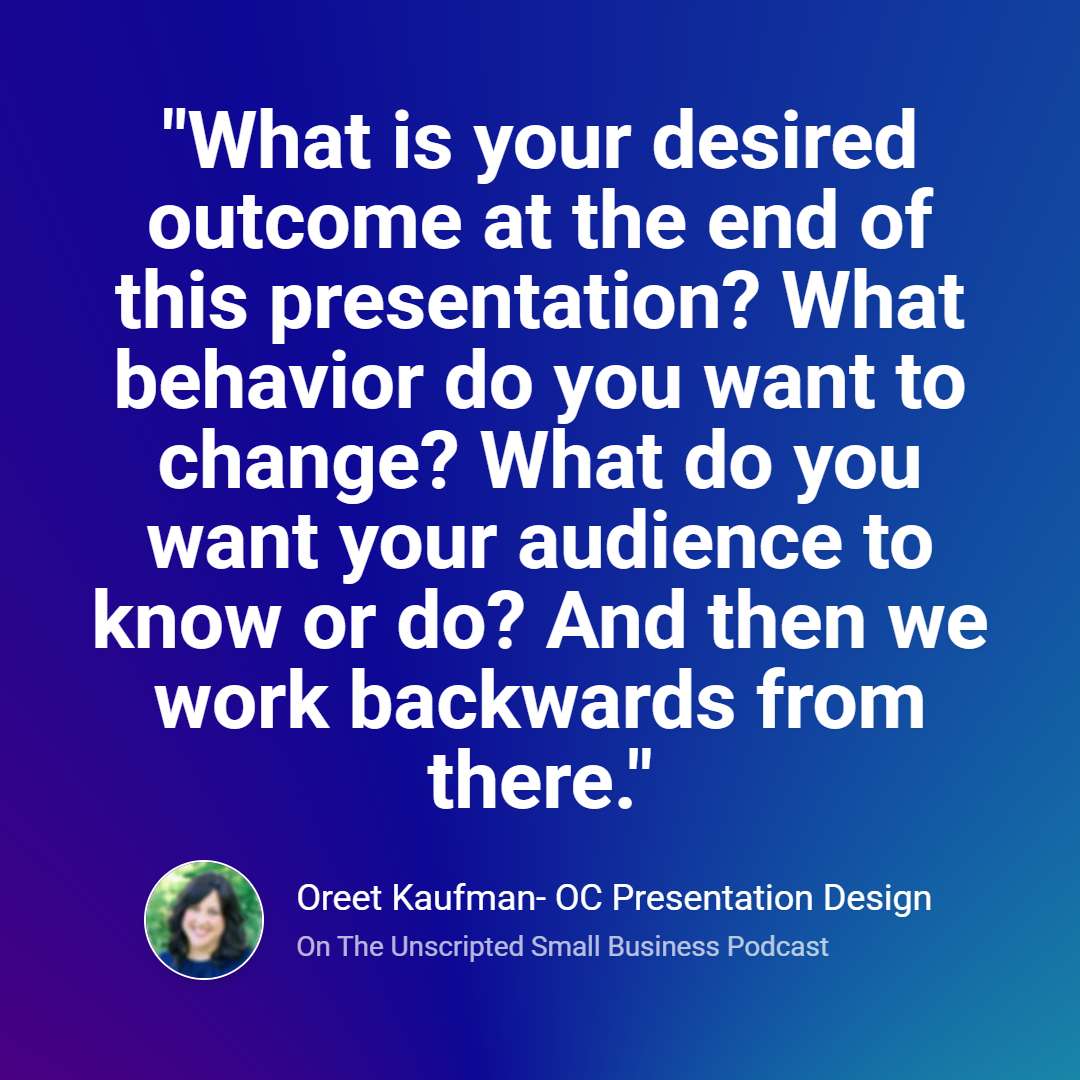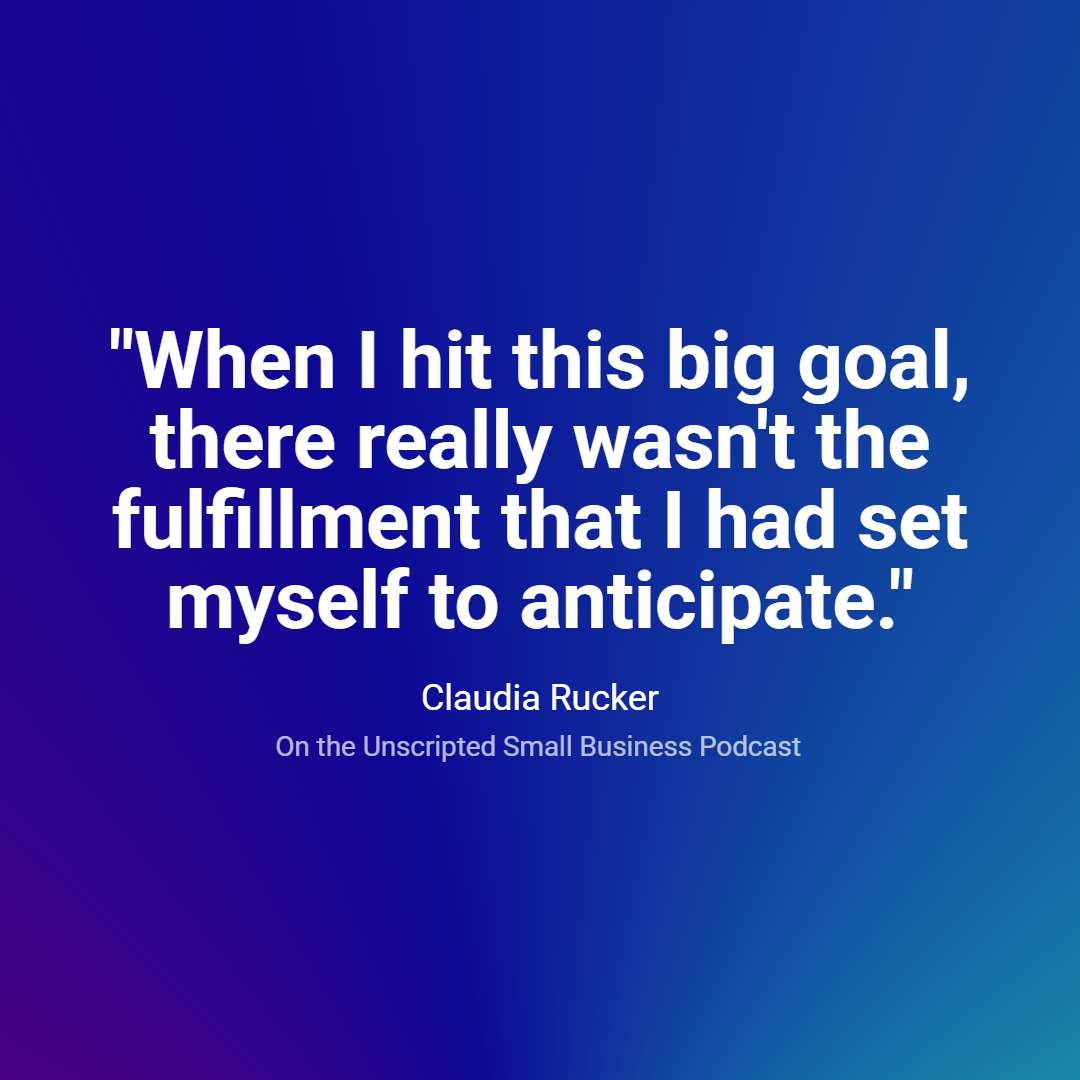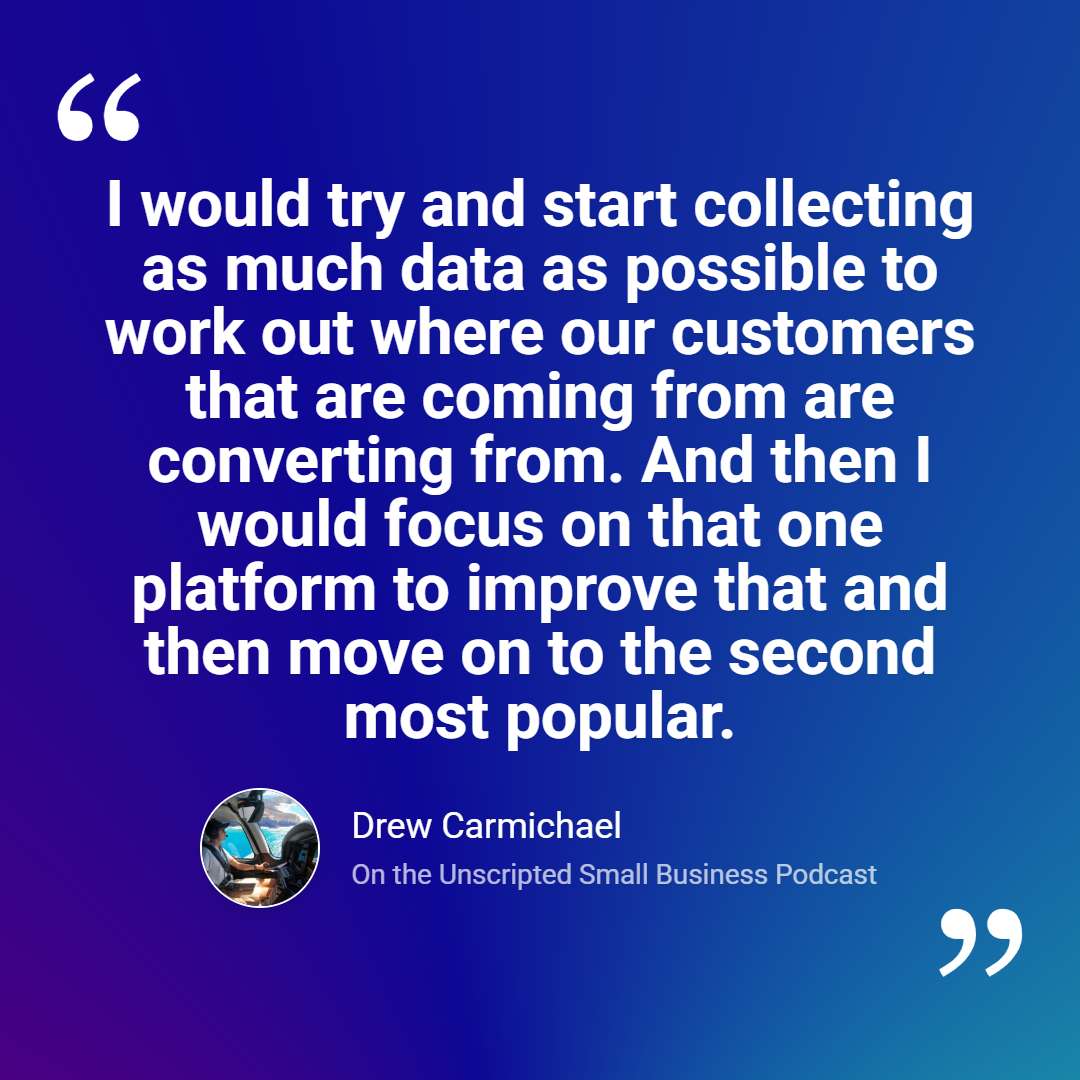Understanding Therapy and Mental Health At Work & Beyond with Kinsey Morgan
Description
Unscripted Small Business Podcast - Episode: Understanding Therapy and Mental Health with Kinsey Morgan
Host: Jeremy Rivera
Guest: Kinsey Morgan, LPC-MHSP, Owner of Arise Counseling Services
Episode Focus: Therapy approaches, EMDR, workplace trauma, and breaking mental health stigma
Episode Summary
Join host Jeremy Rivera as he sits down with licensed therapist Kinsey Morgan to explore the world of mental health therapy. Kinsey shares her personal journey into psychology, explains innovative trauma treatment approaches like EMDR, and discusses the rising trend of workplace trauma in post-COVID America. This candid conversation breaks down therapy myths while providing practical insights for anyone considering mental health support.
Key Topics Discussed
Kinsey's Background & Journey (00:24 - 02:04 )
- How high school counseling for bullying and family issues sparked her interest in psychology
- The transformative impact of working with a skilled teen therapist
- College experience with professors who maintained private practices
- The unique nature of psychology: "We are all part of psychology, walking around in bodies every day"
Arise Counseling Services Overview (02:20 - 03:01 )
- Founded 8-9 years ago in Brentwood, Tennessee
- Specializes in trauma therapy, mood disorders, grief and loss
- Focus on EMDR (Eye Movement Desensitization and Reprocessing)
Deep Dive: EMDR Explained (03:23 - 05:25 )
- What EMDR stands for: Eye Movement Desensitization Reprocessing
- How traumatic memories get "stuck" in fight-or-flight brain regions
- The movie poster analogy: dimming the brightness of painful memories
- Recreating REM sleep's bilateral stimulation while awake
Therapeutic Approaches & Methods (09:56 - 11:23 )
- Cognitive Behavioral Therapy (CBT)
- Inner child work and somatic therapy
- Emotionally Focused Therapy (EFT)
- The difference between intellectualizing vs. feeling through emotions
- Reparenting work for adults
Generational Trauma & Cultural Shifts (12:21 - 15:30 )
- How Baby Boomer parents' stoic upbringing affects Gen X/Millennial therapy needs
- Cultural generational trauma and its impact on emotional expression
- Why parents "couldn't teach what they didn't know"
- The "both and" approach to understanding family dynamics
Modern Trends in Mental Health (16:06 - 18:27 )
- The rise of somatic experience understanding
- Connection between unexpressed emotions and autoimmune diseases
- "The body keeps the score" mentality
- How emotions manifest as physical ailments when not processed
Cultural Acceptance of Therapy (18:27 - 20:02 )
- Shifting attitudes toward mental health care
- Younger generations treating therapy like physical health maintenance
- Persistent stigma and fear factors
- Why it wasn't safe to discuss mental health historically
Accessibility & Insurance Challenges (21:16 - 23:49 )
- Why many private practice therapists don't accept insurance
- The diagnostic requirement for insurance billing
- Ethical considerations in labeling and insurance history
- Importance of sliding scale and agency options
- Advocacy for connecting clients with affordable resources
Primary Client Challenges (24:11 - 26:49 )
- Functioning impairment as the main driver for seeking therapy
- Massive rise in workplace trauma post-COVID
- Work-life balance struggles
- Boundary issues in professional settings
- Job satisfaction and life satisfaction connections
Workplace Trauma Deep Dive (26:49 - 29:02 )
- Why workplace environment impacts are often overlooked
- Power dynamics in work settings vs. family dynamics
- COVID's elimination of traditional coping strategies
- Challenges of returning to office environments
- Stress accumulation and its impacts
HR vs. Therapy: A Critical Distinction (29:21 - 30:57 )
- Why HR protects the company, not the employee
- Processing workplace issues safely in therapy
- Learning regulation and effective communication skills
- Preparing for difficult workplace conversations
Individual Therapy's Systemic Impact (33:25 - 34:28 )
- How changing one person shifts entire relationship systems
- Working on personal regulation to improve interactions
- Boundary work across personal and professional relationships
Key Quotes from the Episode
"Most people who get into this field have a reason for it... The therapist I worked with was phenomenal and really worked with teens extremely well."
"We are all part of psychology, walking around in bodies every day. And we are the subject matter. So we get to kind of study ourselves and other people at the same time."
"Think of EMDR as sort of your button or your dimmer switch to dim down the brightness of that memory so that we can look at it, examine it, walk ourself through it emotionally and not have to live in it every day."
"In our culture, especially in the US, we really love to intellectualize our way around things instead of feeling our way through something."
"They couldn't teach what they didn't know."
<p class="whitespace-normal break-words

